


Books in series

The American Historical Romance
1987

Conspiracy and Romance
Studies in Brockden Brown, Cooper, Hawthorne, and Melville
1989

A House Undivided
Domesticity and Community in American Literature
1990

American Philosophy and the Romantic Tradition
1991

The Culture and Commerce of the American Short Story
1993
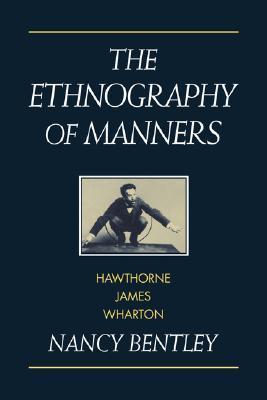
The Ethnography of Manners
Hawthorne, James and Wharton
1995
The Complicity of Imagination
The American Renaissance, Contests of Authority, and Seventeenth-Century English Culture
1997

Poe and the Printed Word
2000

American Literary Realism, Critical Theory, and Intellectual Prestige, 1880–1995
1997

Democracy, Revolution, and Monarchism in Early American Literature
1998

Henry James and Queer Modernity
1999

Race, Work, and Desire in American Literature, 1860–1930
2003

New England's Crises and Cultural Memory
Literature, Politics, History, Religion, 1620–1860
2004

Slavery, Philosophy, and American Literature, 1830–1860
2005

Race, Slavery, and Liberalism in Nineteenth-Century American Literature
2006

The Origins of American Literature Studies
An Institutional History
2007

Formalism, Experience, and the Making of American Literature in the Nineteenth Century
2007

Race, American Literature and Transnational Modernisms
2008

Multilingual America
Language and the Making of American Literature
2008

Imagining Equality in Nineteenth-Century American Literature
2008

American Literature and the Free Market, 1945–2000
2009

Romance, Diaspora, and Black Atlantic Literature
2010

The Politics of Anxiety in Nineteenth-Century American Literature
2011

The Logic of Slavery
Debt, Technology, and Pain in American Literature
2012

Melville and the Idea of Blackness
Race and Imperialism in Nineteenth Century America
2012

The Poetics of Sovereignty in American Literature, 1885–1910
2012

Environmental Practice and Early American Literature
2013

Failure and the American Writer
A Literary History
2014

Visualizing Blackness and the Creation of the African American Literary Tradition
2013

Thomas Pynchon and American Counterculture
2014

Politics and Skepticism in Antebellum American Literature
2014

American Poetic Materialism from Whitman to Stevens
2014

The Poetry of Disturbance
The Discomforts of Postwar American Poetry
2015

Nineteenth-Century American Literature and the Long Civil War
2015

Fictions of Mass Democracy in Nineteenth-Century America
2015

Hobbes, Sovereignty, and Early American Literature
2015

Time, Tense, and American Literature
When Is Now?
2015

Postapocalyptic Fantasies in Antebellum American Literature
2017
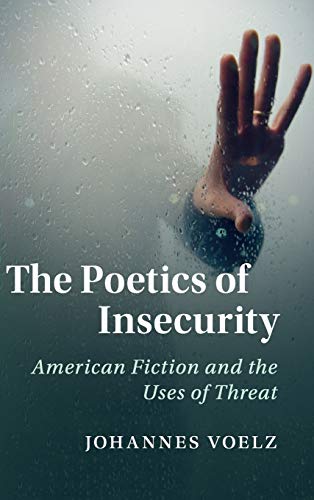
The Poetics of Insecurity
American Fiction and the Uses of Threat
2017
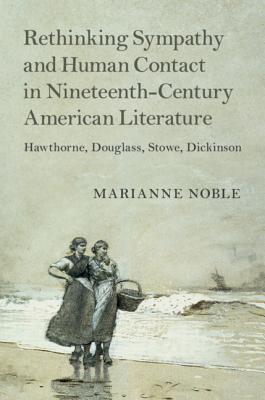
Rethinking Sympathy and Human Contact in Nineteenth-Century American Literature
Hawthorne, Douglass, Stowe, Dickinson
2019
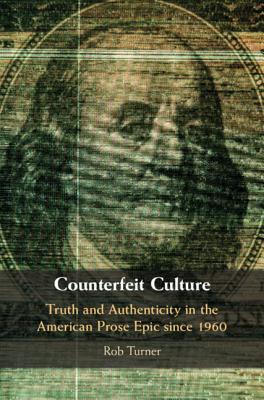
Counterfeit Culture
Truth and Authenticity in the American Prose Epic since 1960
2019
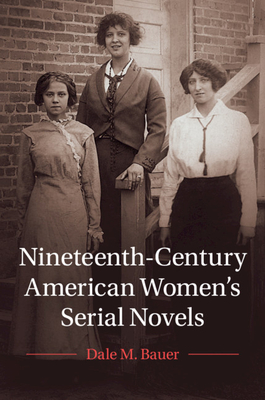
Nineteenth-Century American Women's Serial Novels
2019

American Literature and Immediacy
Literary Innovation and the Emergence of Photography, Film, and Television
2020
Authors

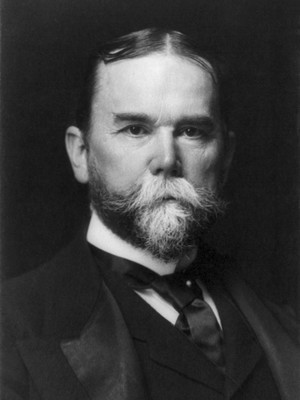
John Milton Hay (October 8, 1838 – July 1, 1905) was an American statesman & official, lawyer and writer; his career in government stretched over almost half a century. Beginning as a private secretary and assistant to Abraham Lincoln, Hay's highest office was United States Secretary of State under Presidents William McKinley and Theodore Roosevelt. Hay was also an author and biographer, and wrote poetry and other literature throughout much of his life. John Hay was born on October 8, 1838, in Salem, Indiana, but spent most of his youth in Warsaw, Illinois. The third son of Dr. Charles Hay and Helen Leonard, Hay moved to Illinois when he was 13 years old to study at an academy in Pittsfield. There, he met John Nicolay, with whom he would later work as a private secretary for President Abraham Lincoln. A year later, in 1852, Hay left for Springfield College. After completing his early education, he was accepted into Brown University, his grandfather's alma mater. While studying at Brown, Hay developed a strong interest in literature, particularly poetry. He became actively involved in Providence’s literary community, which included Nora Perry and Sarah Helen Whitman, who had been engaged to Edgar Allan Poe. Upon graduating from Brown, Hay was named "class poet," but he left school before receiving his diploma at the university's official commencement ceremony. After graduation, he returned home to Warsaw, Illinois, where he studied law and worked for his uncle, Milton Hay's law office. The law office where Hay worked was next door to Abraham Lincoln's law office and, as a result of their close proximity, Hay and the future president became acquaintances. Lincoln was elected president of the United States in 1861 and he chose John Nicolay, Hay's childhood classmate, as his secretary. Nicolay subsequently recommended Hay for the position of private secretary to the president. Hay was offered the position, and served in the Lincoln White House from 1861 to 1865. He went on to serve as the U.S. secretary of state for both William McKinley and Theodore Roosevelt. Arguably his greatest influences were negotiating the Hay-Pauncefote Treaty and promoting an "Open Door" policy in China. Hay continued to write throughout his life. His literary work includes Pike County Ballads and Other Pieces, a book of poems; the novel The Bread-Winners; and Abraham Lincoln: A History, a historical non-fiction book co-written by John Nicolay. Hay died on July 1, 1905, in Newbury, New Hampshire.
Robert S. Levine (Ph.D. Stanford University 1981) is Distinguished University Professor of English and Distinguished Scholar-Teacher at the University of Maryland, College Park. Levine is the General Editor of The Norton Anthology of American Literature and is a member of the editorial boards of American Literary History, Leviathan: A Journal of Melville Studies, and J19: The Journal of Nineteenth-Century Americanists.